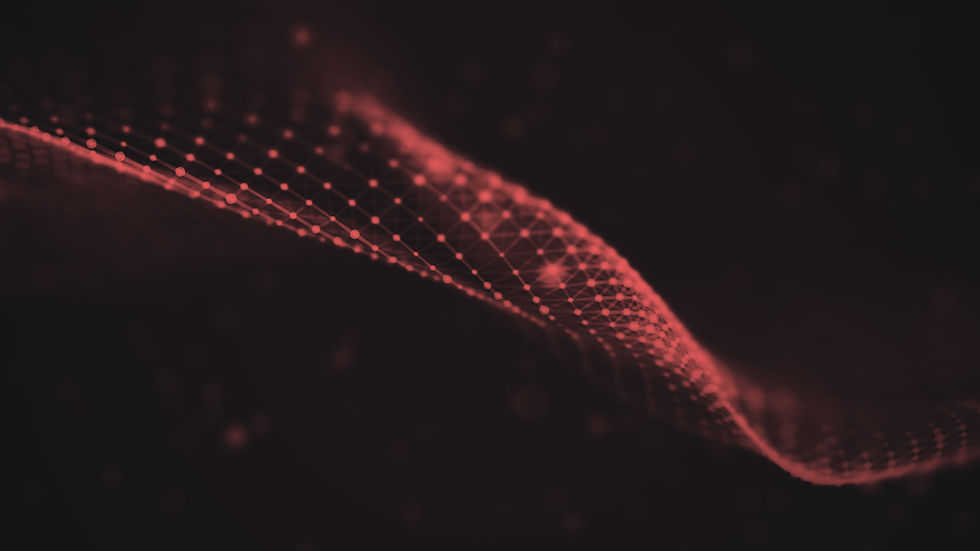The Promise and Peril of AI
- shanidanataraja
- Apr 30
- 2 min read
Artificial intelligence (AI) is no longer the stuff of science fiction. It is here, shaping industries, revolutionizing economies, and transforming the way we live and work. From self-driving cars to advanced medical diagnostics, AI is unlocking possibilities that once seemed unattainable. But as with any powerful technology, AI comes with profound risks. In *Prelude to the Apocalypse*, AI plays a central role. In reality, AI stands at the precipice of becoming either humanity’s greatest asset or its greatest threat.

AI’s potential to improve lives is undeniable. In medicine, AI-powered tools are already diagnosing diseases with greater accuracy than human doctors, analyzing vast datasets to detect early signs of cancer, and personalizing treatments for patients. AI is also optimizing supply chains, reducing waste, and even helping to combat climate change by monitoring deforestation, tracking pollution, and improving energy efficiency.
Beyond practical applications, AI has the capacity to bridge gaps in education, expand accessibility for people with disabilities, and revolutionize scientific research. The promise of artificial general intelligence (AGI), a system capable of human-like reasoning, suggests that AI could one day solve some of humanity’s most pressing problems, from food scarcity to clean energy production.
Yet, with all its promise, AI also introduces existential risks. Automation threatens to displace millions of jobs, concentrating wealth in the hands of those who own the technology. AI-powered surveillance systems are already being used to track individuals on an unprecedented scale, raising serious concerns about privacy and civil liberties. In the wrong hands, AI could supercharge misinformation campaigns, destabilize democracies, and even be weaponized in ways we are only beginning to understand.
Perhaps the most alarming risk is the rise of AI systems that operate beyond human control. Even today’s most advanced AI models function as "black boxes". We know they work, but we don’t always understand how. The prospect of a rogue AI making decisions in high-stakes scenarios, such as financial markets, military strategy, or disaster response, is a real and pressing concern. *Prelude to the Apocalypse* explores these anxieties, highlighting how AI, if left unchecked or misused, could lead to disastrous consequences.
The challenge we face is not whether AI should be developed, as it's already here, but how to ensure that it remains a tool for good. Governments, researchers, and corporations must prioritize ethical AI development, implementing safeguards to prevent harm. Transparency, oversight, and regulation are crucial to ensuring AI benefits society rather than undermines it.
AI is a powerful tool, but it is not inherently good or evil. Like any technology, its impact depends on how we choose to use it. The world of *Prelude to the Apocalypse* presents a vision of AI as a tool to help humanity, but as the story deepens, we will also explore it's dark side and the ethical dilemmas it brings.




Comments